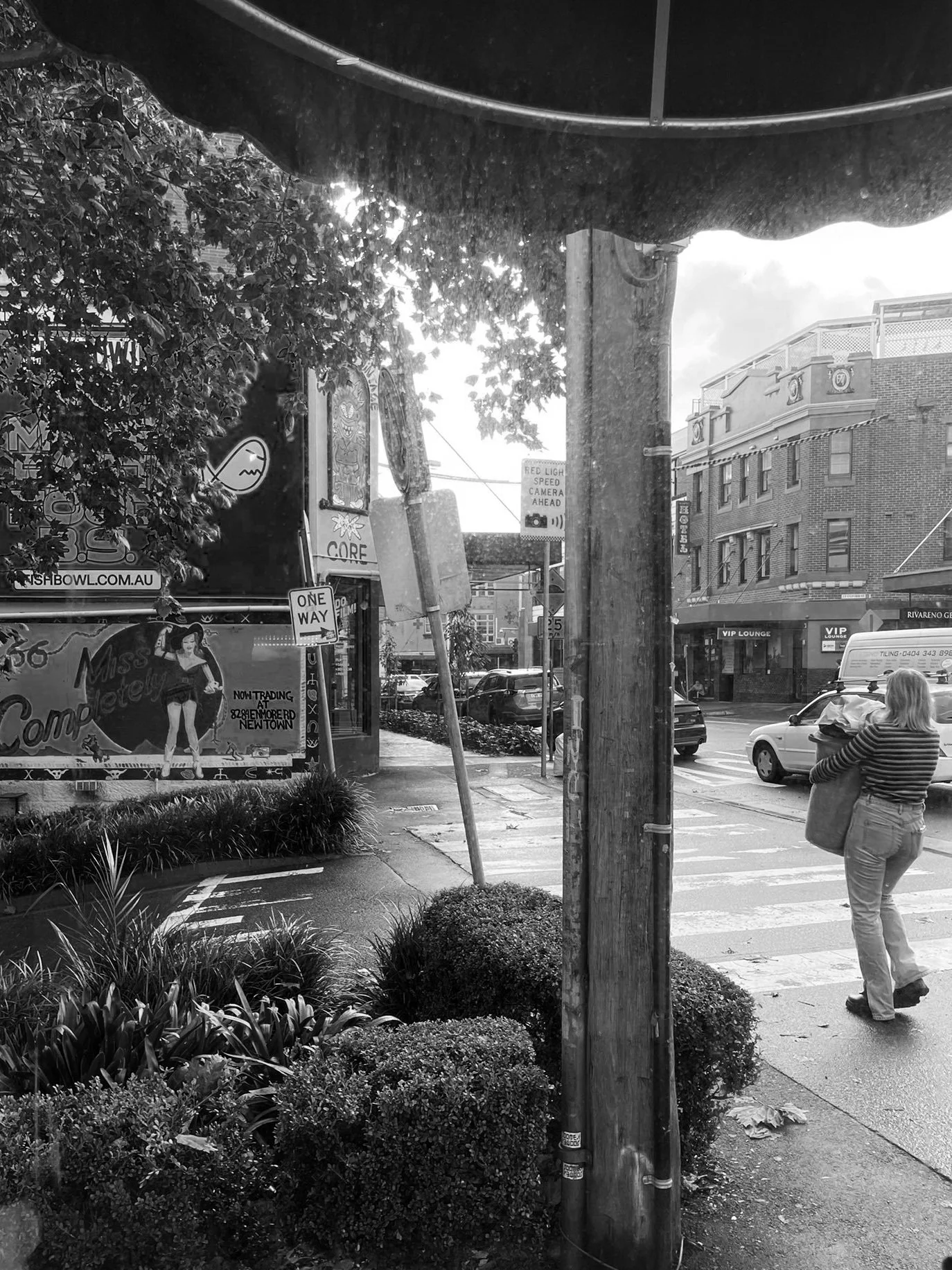reflections from the field
When there is no clear answer, we are faced with the tyranny of choice, as every possibility becomes a potential option.
Having too many options feels overwhelming, particularly when we have limited resources. We experience a paralysis in momentum searching for the perfect decision. As many competing choices offer much potential, the pressure to make the right decision is deeply troubling. Our only way forward is to play with the delicate balance of exploration and exploitation of knowledge. We must be led by an openness for learning. Of course, no one wants to get it wrong, however when we see progress in all types of feedback, positive and negative, we can appreciate each activity as step forward. This is the value of change through small steps. It gives us the necessary freedom to design in safe-to-fail contexts.
Change needs to happen from within an organisation, otherwise it will be rejected like a foreign object entering the body.
We can rapidly force our way deep inside with new insight, but eventually the organisation's defensive system will create enough resistance to degrade it. Here is the great mismatch between the time we need for real change and the time we have as a consultant. We bring an outside perspective, experienced across many contexts, but this comes at a temporal cost. We find the tension in navigating complex, layered situations in a short period. Deep change needs tinkering and slow appreciation, holding the space for things to gradually emerge. A rapid pace for change only works when the organisation has more tolerance for discomfort and less for the status quo.
Spend enough time with people and you see how we’re all defined by our struggle for validation.
When you listen deeply, boundaries between people blur. Working in mental health, i’ve seen the symmetry in the needs of the people of the organisation and that of the people they serve. Understanding the aspirations of people seeking support for their Mental health reveals universal human values that we all felt. Everyone wants to feel heard. Like someone seeking support, practitioners in the organisation want to be involved in decisions on their destiny. They want to feel heard while retaining their agency in the things that matter to them. Concerns are raised when other people hold power over them, particularly when those people don’t understand them, their environment, or their motivations, just like a person seeking support for their mental health. Appreciating these similarities encourages one to find ways to remove the distance between the organisation and it’s community of support seekers. After all, we are all looking for the same thing.
